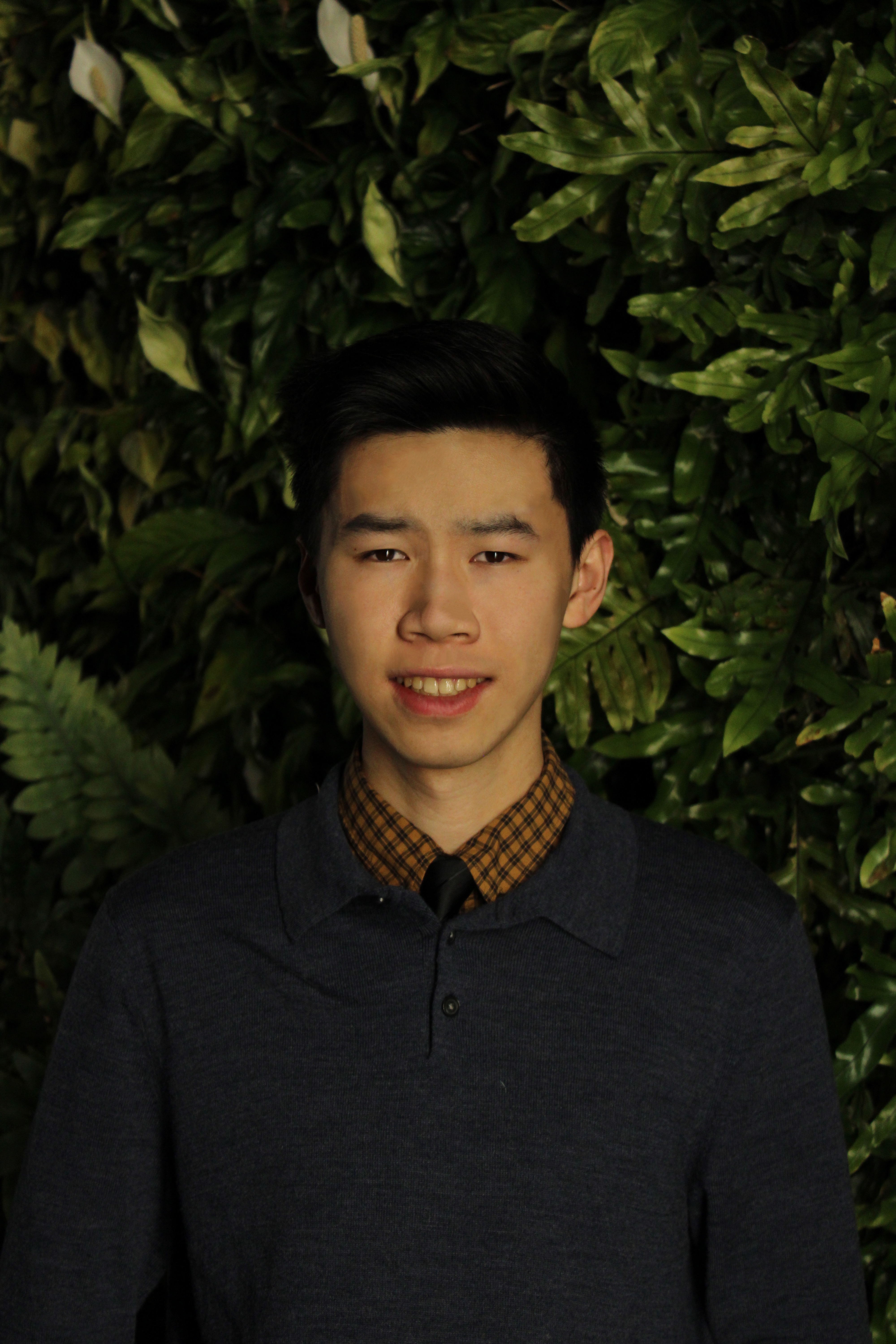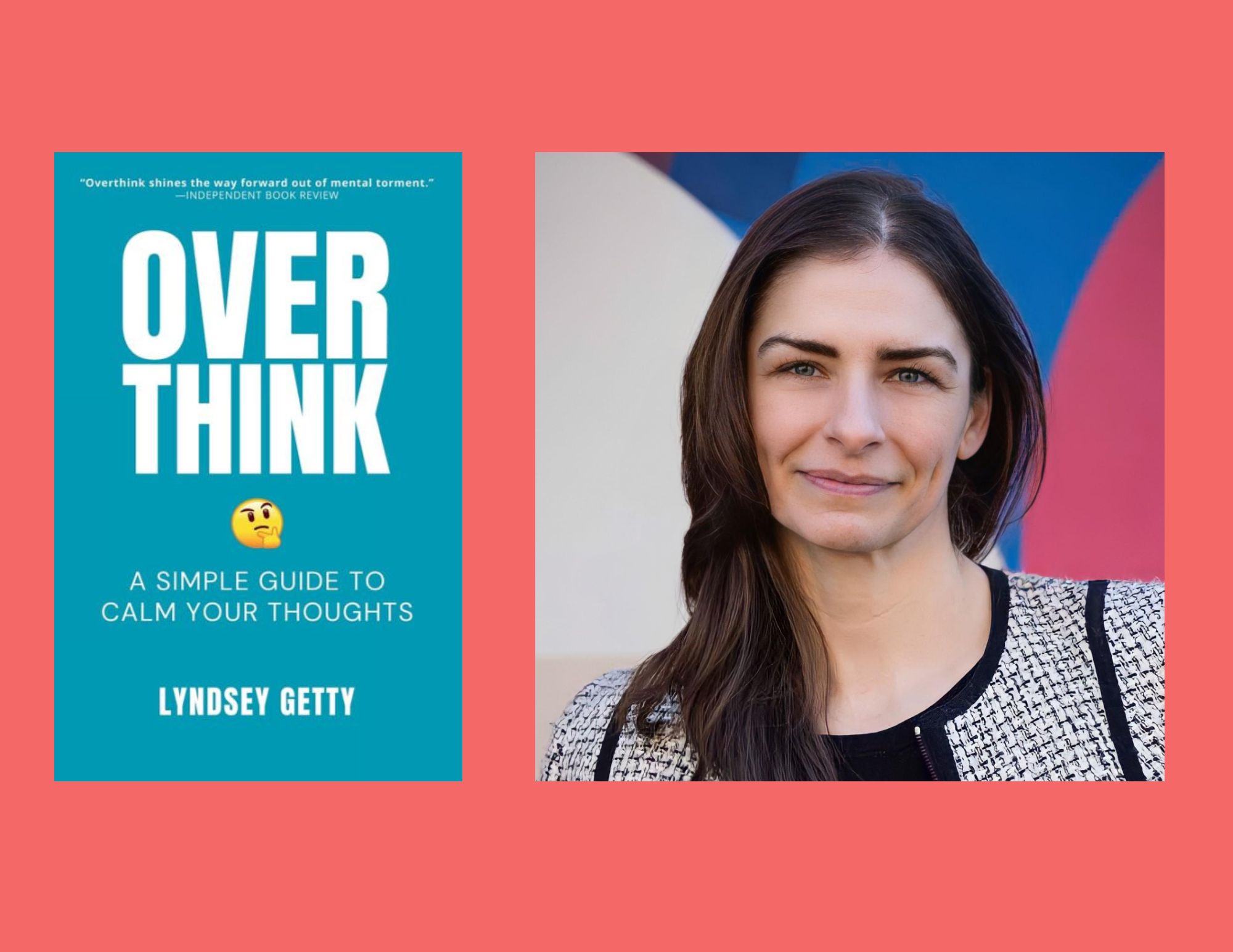Lyndsey Getty is an author and public speaker based in the Philadelphia area. She is the founder of the Thought Method Company, which prioritizes building thought management and emotional intelligence. After a lifetime of overcoming the trauma of childhood abuse, Lyndsey began her writing career with her debut self-help book, Overthink, to provide advice on overcoming negative mindsets and tapping into new mental wellness strategies. For hobbies, she enjoys learning, reading, Thai boxing, and weightlifting. Lyndsey also likes to paint simple and mixed-media concepts.
TW: What inspired you to write this self-help book?
LG: I was a miserable workaholic people-pleasing perfectionist, who drank and slept too much, and eventually things came to a breaking point. I had to do something. I needed to change. I did what people tell us to do. I did yoga, meditation, journaling, all while maintaining a 40-pound weight loss. I would do all these things and feel good for a little bit, but then that would become my normal. I finished a journal from front to back. I was in shock; it was like 200 pages were all filled. I just realized I needed something stronger if I was going to make a lasting change that I needed to have, so I could go from being miserable to enjoying my life. I needed to come back to myself. I was just so lost. I fought it, but I went to therapy. Again, it made me feel good, but one hour a week wasn’t enough, and then I felt guilty for not being as appreciative as I thought I should be, because some people don’t even have an hour. From there, I wanted to write something, with a trauma-informed care approach, that is easily accessible. I feel like my brain is a sponge, I constantly search to learn new things, and I love getting new experiences and reading different perspectives.
TW: Did you always have a love for self-help books?
LG: Initially, my therapist recommended a book to me, and I started reading self-books, which I thought I would never do because I used to make fun of people who would read them. I read one and thought, ‘Wow, I like this, I feel confident, I feel comfortable, I feel heard, and understood, and what I’m experiencing isn’t so rare and random, this is an actual thing, and other people experience this too.’ I started reading about cognitive behavioral therapy, rational emotive behavior therapy, and dialectal behavioral therapy. At work, I would get a book delivered and read till three in the morning, sleep for three hours, go to work, and sit there feeling, ‘I can’t wait to go home to read about trauma therapy.’”
TW: Aside from your book, can you tell us why you started your business, the Thought Method Company?
LG: I’m an expert in European data privacy and commercial contract law. I was planning on being in my career, retiring early, getting a big paycheck, and being done, but I just kept coming back to wanting to help people. In trauma therapy, they say that sometimes helping other people through trauma is your way of not being healed from trauma, so I rejected that desire to want to help others for a while, because I thought, ‘Does that mean that I’m not healed?’ I came to the conclusion that I am healed, this is my passion and calling, and I wish I got here a different way and didn’t go through trauma and abuse. I felt like this was me coming home to myself with a need to help people. Now, it’s a thought-based approach to personal development and mental wellness.
TW: What makes your writing style unique?
LG: I think it’s that I can explain complex topics in a very simple way. I learned to do that from a decade of explaining complex legal topics to stressed-out legal people who have a quota to reach and a demanding boss. I’ve been in those meetings and it’s scary. I was known for using really good analogies to explain in a very simplified way
TW: How does this book reflect your goals?
LG: Everything I do is for other people, to help them, but it’s also for me when I was sad and lonely, and thought that things were never going to get better. I had a therapist who told me he didn’t think I would ever be able to overcome the trauma I went through. I was abused for 20 years. It’s pretty serious stuff. Another therapist told me it was shocking I was even functioning.
TW: What strategies did you use as you wrote Overthink?
LG: I wrote it at an eighth grade reading level for a mass-media appeal, to make it a light and easy read. I also wanted it to be something people can look at and almost feel refreshed after reading a chapter. I broke everything up into rules, because affirmations are made fun of in movies. To me, affirmations are huge. I used to have them in the background on my phone, because I would have trouble remembering things, and repetition is a big deal.
TW: What does Overthink focus on?
LG: Overthink is to combat a lot of terms altogether. We talk about growth mindset, fixed mindset, cognitive distortion, etc. If I had one overarching resource to help me when I was starting, this was it. The synopsis of Overthink is that there is no ‘overthinking.’ There are simply unproductive thoughts. When you think unproductively, it’s not a capitalistic thing. It means that your thoughts are not aligned with your mental wellness, your health, who you truly are, and how you achieve your goals. Productive thinking would be focusing on whether you liked someone if you went on a date with them, instead of wondering if you wore the right outfit, got the right orders, got too much to drink, or something else about you. It would be reflecting on how you acted, asking yourself if you are proud of how you presented yourself, if you want to present yourself in a different way, if you like this person, and acknowledging that you do not have to think about the date 24/7 for the rest of the week. You could just have a good experience and move on. That’s what I wanted to do, combining all of that together.
TW: Where did you learn so much about mental health and wellness?
LG: While working in a corporate setting, I was teaching emotional intelligence. I learned that a lot of people need to focus on their thoughts first. Your thoughts lead to your emotions. If someone comes up and curses me out, my thought pattern is taking things personally and I’m like, ‘Why did they do that?’ and ‘Why did they say that to me?’ Your thoughts lead to your emotional responses which lead to how you act. If I’m taking it personally, and I don’t realize that what people say is a reflection of themselves and not of me, then I can get angry, channel that into the rest of my day, and be in a bad mood.
TW: What has writing Overthink done for you?
LG: I’m doing a TED Talk, among many things I never thought I would do, solely by focusing on my thoughts. When I saw my first TED Talk, I remember thinking, ‘Uh, I want to do that,’ but I had the automatic thought, ‘Ha, I would never be able to do that, who do you think you are?’ Now, I’m doing it because I was able to control and lasso my thoughts. I don’t think people realize the importance and power of thoughts.
You can purchase Overthink and learn more about Lyndsey Getty here.

Ty Wong (he/him/his) is a sophomore Communication major at Drexel University. On campus, he works as a staff writer and columnist for the Drexel Triangle (Drexel’s independent student-led newspaper) and an opinion writer for Lit Lab (Drexel’s science and humanities magazine). He loves photography, journaling, dancing, and listening to music in his free time.
